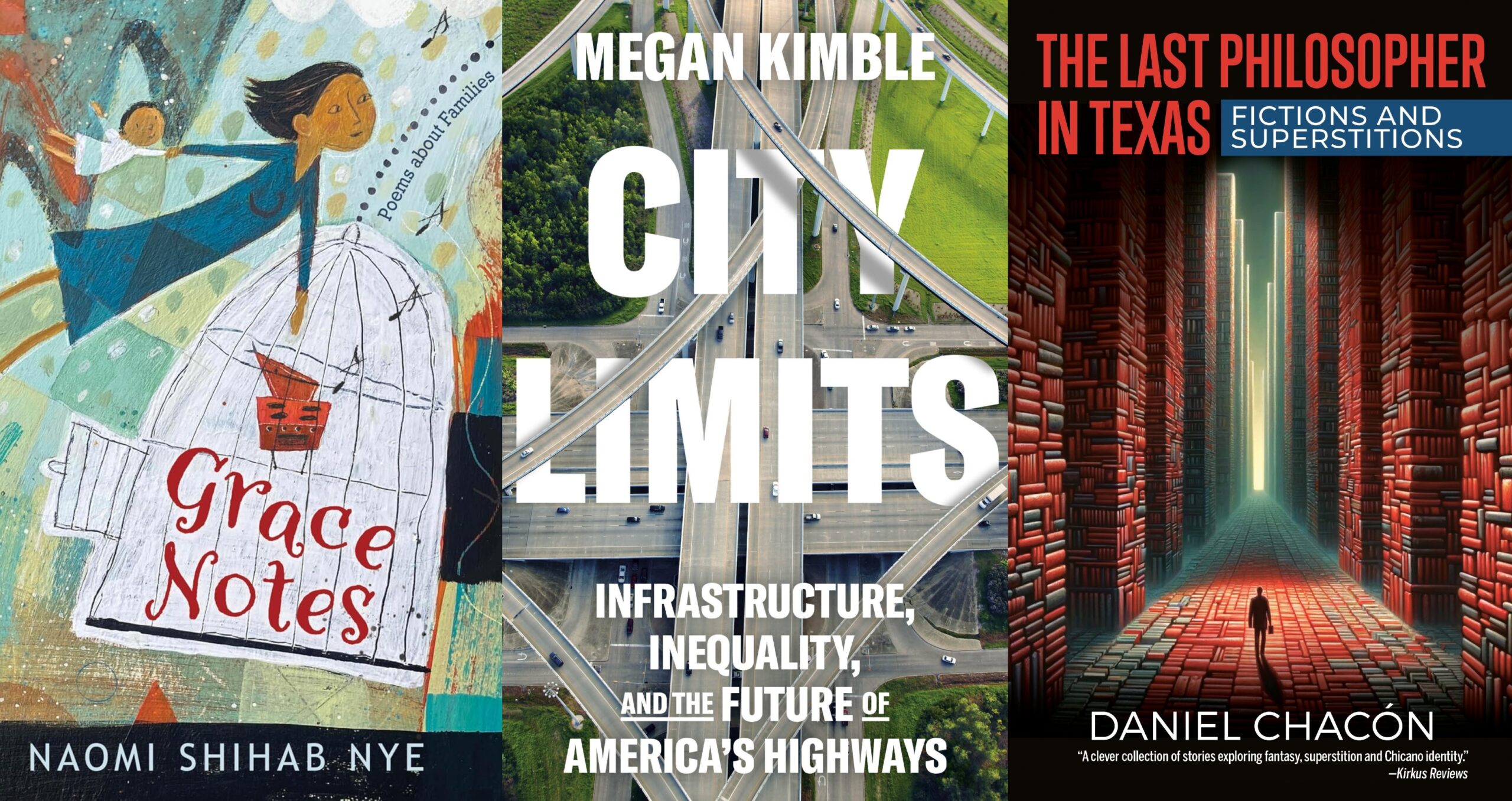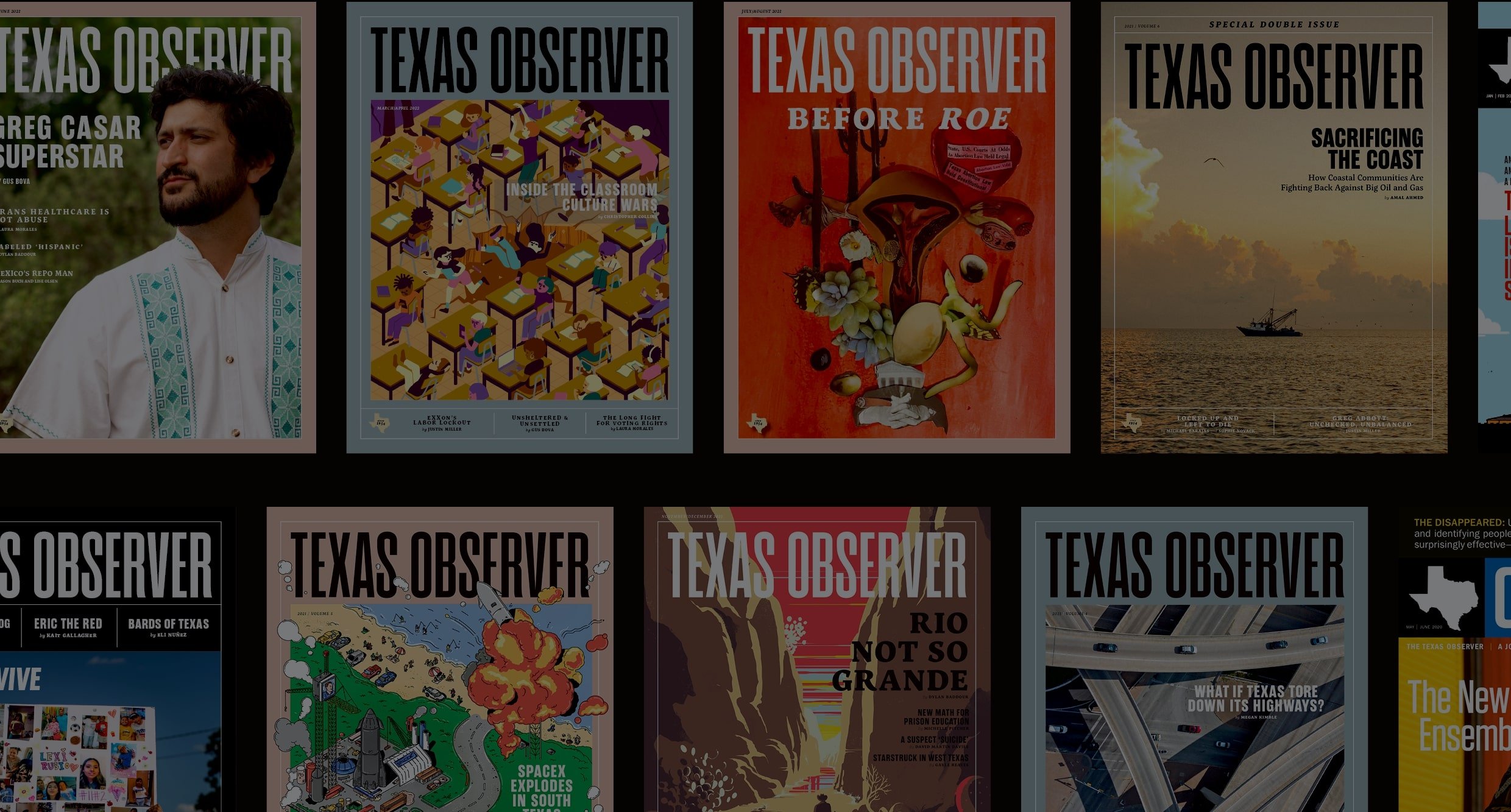Afterword
Investing in America
Watching the new film Good Night and Good Luck about Edward R. Murrow reminded me of John Henry Faulk and his own heroic struggle against McCarthyism. Well, okay, Johnny did actually wage a gallant and valiant fight, but since it was John Henry, it was also weird and funny and full of improbable characters—what is it about Texans that we can’t even be heroic without being comical?
In 1955, Johnny Faulk was a successful popular entertainer with a network radio program featuring his impersonations of the down-home Texas characters he invented (actually, a horrifying number of them were based on real people—in fact, he was related to several of the prototypes). He appeared on television quiz panels and hosted CBS’s morning program, being funny and folksy with pipe in hand.
In the insanity of the times, blacklisting had become an institutionalized protection racket. An outfit of professional commie-hunters called AWARE, Inc., run by a guy named Vincent Hartnett, was kept on retainer by the networks, major ad agencies, and big sponsors to vet performers for commie sympathies. The more “commies” they found doing anything from soap operas to soup commercials, the more money they made. This gave them quite a financial incentive to find “communist sympathizers.” Should a network or agency refuse to play along, Hartnett’s friend Laurence Johnson, a grocery magnate from upstate New York, would pull the sponsor’s products from his grocery shelves until they caved in. The American Legion would chip in with a boycott of the product, accusing Proctor and Gamble or whoever of being part of the plot to undermine America.
Faulk and several other brave entertainers and journalists ran for union office on an anti-blacklisting platform and were elected overwhelmingly in September 1955. A month later Johnny was cited in AWARE’s bulletin “Red Channels” on seven counts that were either completely false or distorted crap. Johnson came to New York and went up and down Madison Avenue pressuring Johnny’s sponsors to drop his show. Some did and CBS eventually fired him even though his ratings were excellent. So Faulk sued AWARE and Johnson in what became the great showcase trial that broke the blacklisting system. Unfortunately, it took six years to come to court. By then Johnny was broke and his career destroyed. I do not believe he ever regretted his decision, but it did cost him a great deal.
In the spring of 1955, Faulk took his case to Louis Nizer, easily the finest trial lawyer of the day. AWARE hired Roy Cohn. Faulk was so naïve, he had no idea that a million-dollar lawyer like Nizer would require a huge retainer. In fact, Nizer agreed to take the case for a paltry $10,000, about $10,000 more than Johnny had. Faulk hit up everyone he knew would support him and raised $2,500.
“As I was sitting at my desk at CBS, racing my mind for someone to call and borrow money from,” he later recalled, “Edward R. Murrow called me from his office upstairs. He said he was terribly glad that I had filed the suit and that Carl Sandburg had sent word, ‘Whatever’s wrong with America, Johnny ain’t.'”
Johnny chugged upstairs and laid the financial problem before Murrow who said, “Tell Lou Nizer, Johnny, that he will have his money tomorrow.” And then Johnny protested:
Look, Ed, I can’t borrow $7,500 from you. Hell, I might lose my job. And even if I win the suit, there may be no money to repay such a sum as that.
Ed looked at me evenly and said, “Let’s get this straight, Johnny. I am not making a personal loan to you of this money. I am investing in America. Louis Nizer must try this case. These people must be brought into court. This blacklisting must be exposed.”
Faulk later learned Murrow had mortgaged his house in order to pay Nizer.
Both Liz Faulk, Johnny’s widow, and I recall that he was always somewhat uncomfortable about having borrowed that money because he was never able to repay it. But Johnny was also a purist about the Bill of Rights. “He could be quite pious,” says Liz, and he always held it against Murrow that he had signed a loyalty oath when CBS required it. As the film indicates, Murrow had a sense of office politics, of when to push and when to lay off. Johnny was the type to go charging in where angels fear to tread.
The Iranian journalist Shahla Sherkat, editor of the impossibly brave magazine Zanan (Women) in Tehran, says journalism in her country is like walking a tight rope—you have to be very careful where you set your feet or you will fall (be disciplined by the state). Sherkat and other third world journalists face torture, prison, or death if they venture too far, but continue to press the limits anyway. Johnny Faulk felt that those who caved into or even played along with blacklisting and McCarthyism risked nothing more than their status—prestige, access, country clubs. He thought if people had shown more courage, McCarthy never could have gotten started in the first place.
It does not seem to me that Faulk’s rawer, truer courage lessens Edward R. Murrow’s. Murrow took a lesser risk, but had more at stake. Only those who were close to Johnny knew how wistfully he regarded that lost career. And how toward the end of his life he was simply thrilled to be back on television—on a show called Hee-Haw!

